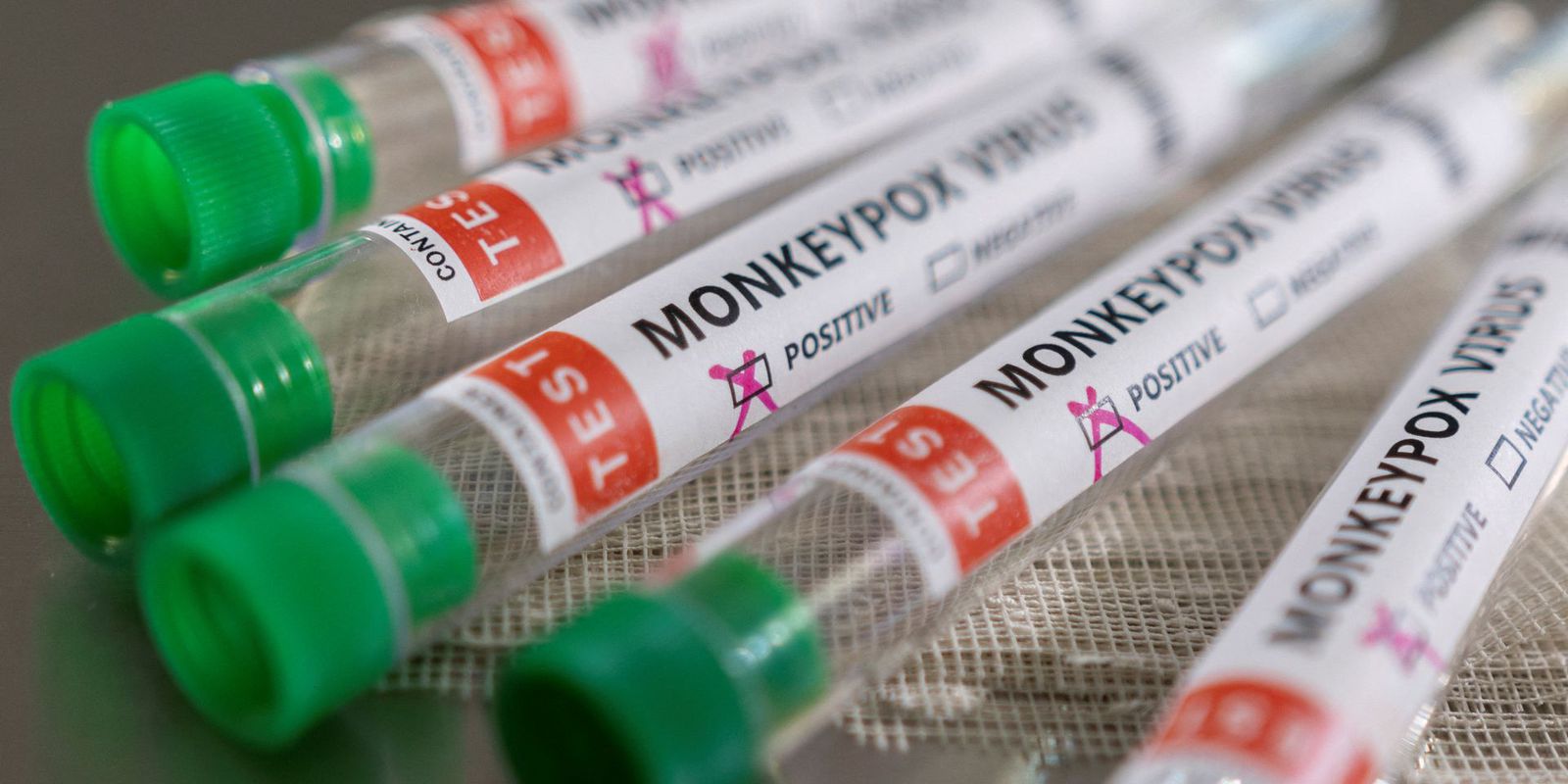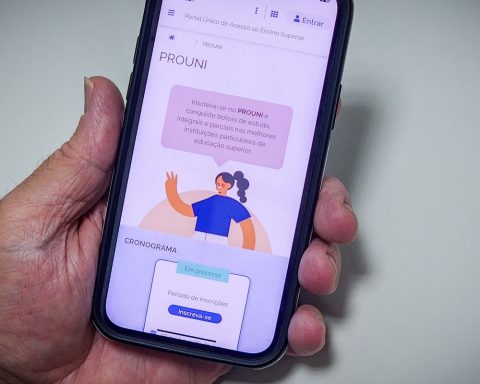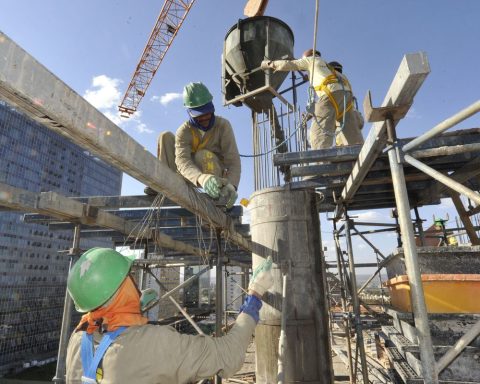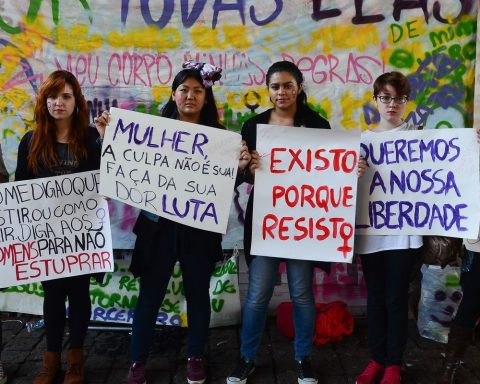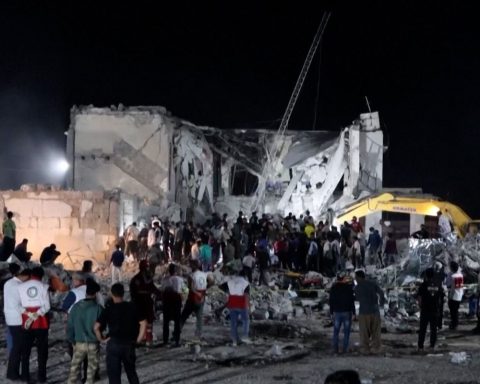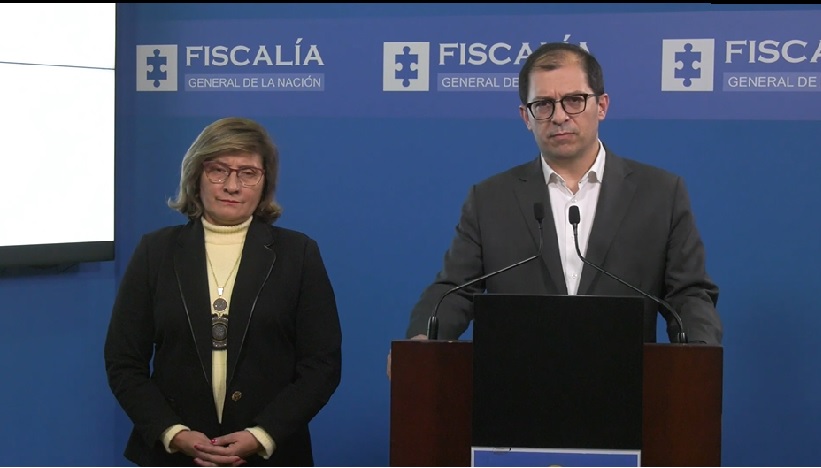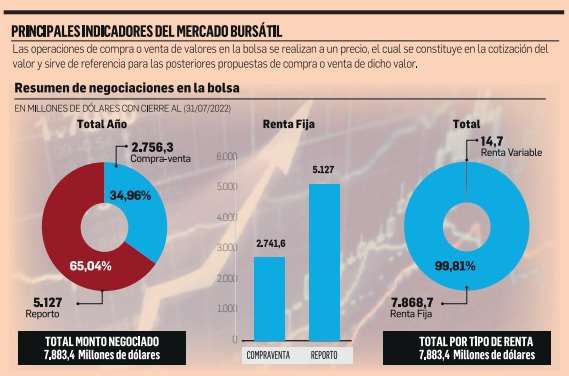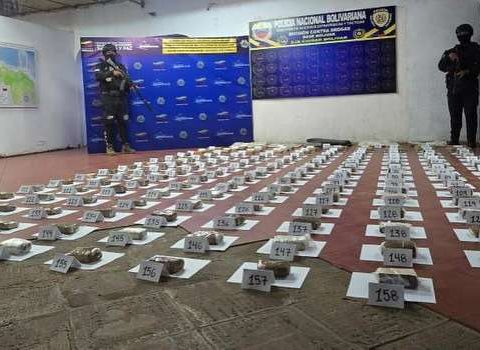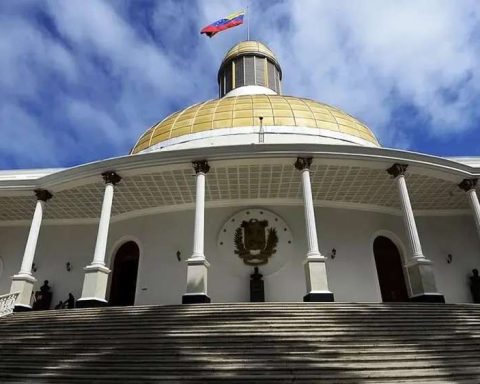The National Health Surveillance Agency (Anvisa) published technical note (NT 34/2022) with guidance to centers for assisted reproduction (CRHA) involving monkeypox.
According to the agency, although no case of transmission of the virus through cells of embryos, blood or tissues has been confirmed, there is potential for transmission by biological material. The suspicion is based on limited scientific studies, that is, they are available at this time.
As a precautionary measure, Anvisa recommends that people with symptoms of the disease do not donate embryos and gametes for a minimum period of 21 days after the onset of symptoms and complete healing of the lesions. Asymptomatic patients who have contact with people with suspected or confirmed cases should also avoid donating for 21 days, starting from the last day of exposure to the virus.
“The technical note warns physicians, those responsible for the CRHA and patients who observe signs or symptoms suggestive of the disease, or even if patients have had contact with sick people or animals, so that they can carry out a careful assessment of risks and benefits, considering the possible complications related to infection with MPXV [vírus da varíola] during pregnancy”, informs Anvisa.
Earlier, the Ministry of Health launched the national disease prevention campaign.
The Minister of Health, Marcelo Queiroga, highlighted that the fact that there is no specific treatment for the disease does not mean that it has no treatment. According to Queiroga, symptoms such as pain can be alleviated with specific measures.
